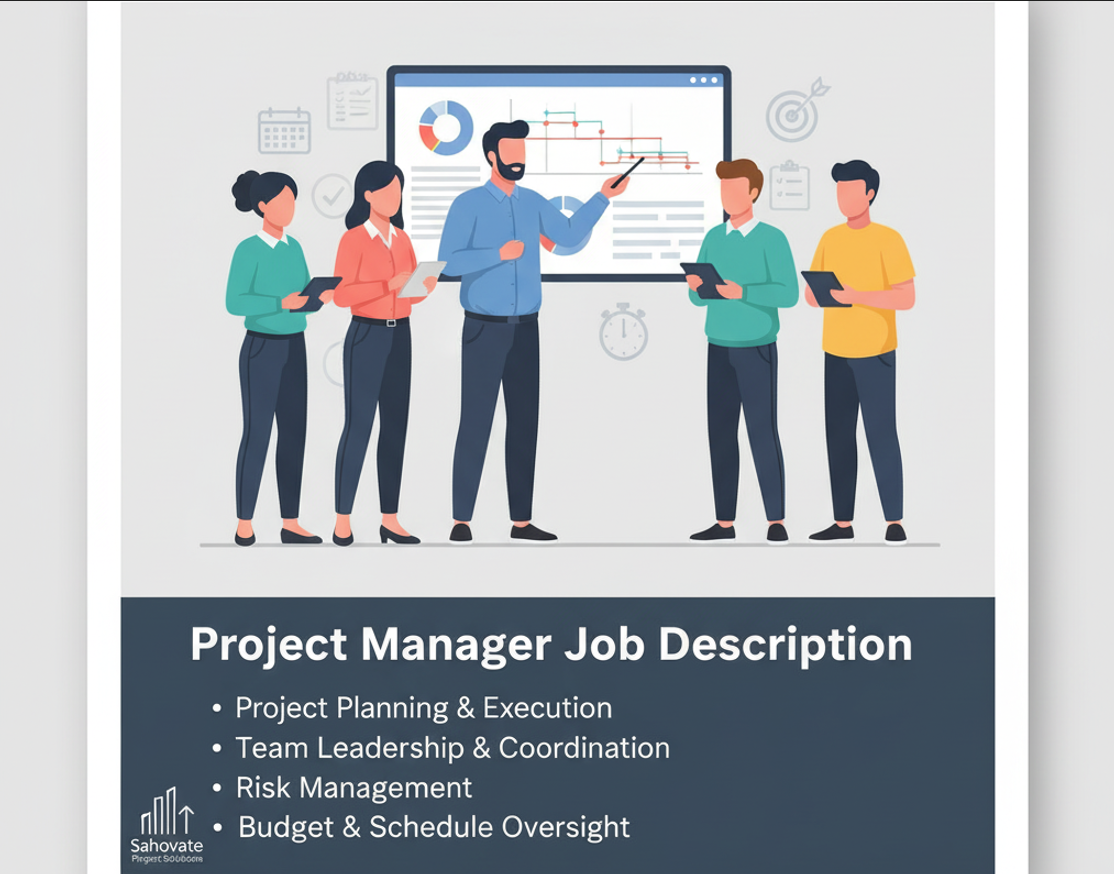What Does a Civil Engineer Do? Job Description & Requirements, Civil Engineer Job Description
Hello, dear readers! We’re delighted you’re here at Foniatz.com, your trusted source for career insights in Tanzania. Whether you’re dreaming of building bridges or designing roads, we’re excited to share everything you need to know about being a civil engineer in Tanzania. This article covers the job description, responsibilities, and requirements for this rewarding career. Let’s dive in and explore how civil engineers shape our communities!
What Does a Civil Engineer Do in Tanzania?
Civil engineers are the unsung heroes behind the infrastructure we use every day, such as roads, buildings, water systems, and bridges. In Tanzania, where cities such as Dar es Salaam and Dodoma are experiencing rapid growth, civil engineers play a crucial role in designing safe, sustainable, and modern structures. They work on projects that improve lives, such as building better roads for farmers to transport goods or installing clean water systems in rural areas.
From planning to construction, civil engineers bring ideas to life. They collaborate with government agencies, private companies, and international organizations to shape Tanzania’s future. If you love solving problems and making a difference, this career could be perfect for you.
Key Responsibilities of a Civil Engineer
Civil engineers in Tanzania handle a variety of tasks to bring projects to life. Here’s what they do:
-
Planning and Designing: Create detailed plans for projects like roads, schools, or dams using tools like AutoCAD or Civil 3D. In Tanzania, you might design a bridge to connect remote villages or a drainage system to prevent flooding in Arusha.
-
Managing Projects: Oversee construction to make sure everything stays on time, within budget, and meets quality standards. You’ll coordinate with contractors, surveyors, and laborers on-site.
-
Testing and Inspecting: Verify the safety and durability of materials such as concrete or steel. You’ll also inspect ongoing work to catch any issues early, especially since Tanzania has varied climate conditions.
-
Solving Problems: Addressing challenges such as unstable soil in coastal areas or budget constraints for government projects. Creativity and quick thinking are key!
-
Ensuring Safety and Compliance: Adhere to Tanzania’s building codes and environmental regulations, as established by the National Construction Council, to ensure projects are safe and compliant.
-
Collaborating with Teams: Work with architects, environmental experts, and local communities to make sure projects meet everyone’s needs.
Entry-level engineers may focus on smaller tasks, such as drafting plans, while senior engineers lead large projects or consult on national infrastructure plans, like the Standard Gauge Railway.
Skills and Qualifications Needed
To become a civil engineer in Tanzania, you’ll need the proper education and skills:
-
Education: A bachelor’s degree in Civil Engineering from reputable universities such as the University of Dar es Salaam or Ardhi University is typically required. Some roles may ask for a master’s degree for advanced projects.
-
Technical Skills: Proficient in using design software such as AutoCAD, Revit, or STAAD.Pro. Understanding local construction materials and methods is a plus.
-
Soft skills, including good communication, teamwork, and problem-solving, are essential. You’ll often need to explain complex plans to non-engineers, such as community leaders or clients.
-
Registration: To practice professionally, you need to register with the Engineers Registration Board (ERB) in Tanzania as a Graduate Engineer, then work toward Professional Engineer status.
-
Experience: Start with internships at firms like TANROADS or local construction companies. Most jobs require 1-3 years of experience for junior roles and 5+ years of experience for senior positions.
Certifications like the Project Management Professional (PMP) can significantly boost your career, particularly in leadership roles.
Salary Expectations in Tanzania
Salaries for civil engineers depend on experience, location, and employer (government, private, or NGOs). Here’s a rough guide based on recent Tanzanian job market trends:
-
Entry-Level (0-2 years): TZS 700,000 to TZS 1,200,000 per month (about $250-$450 USD). You might get allowances for site visits.
-
Mid-Level (3-5 years): TZS 1,500,000 to TZS 3,000,000 per month ($550-$1,100 USD), often with benefits like housing or transport.
-
Senior-Level (5+ years): TZS 3,500,000 to TZS 6,000,000+ per month ($1,300-$2,200+ USD), especially in private firms or international projects.
Dar es Salaam and Dodoma offer higher pay than smaller towns. Freelance or consulting engineers can earn more, especially on large projects funded by organizations such as the World Bank.
Opportunities and Challenges
Tanzania’s infrastructure boom—encompassing new ports, railways, and urban developments—creates numerous opportunities for civil engineers. You could work on exciting projects, such as the Bagamoyo Port or rural electrification programs. Plus, networking through events like the Tanzania Construction Summit can open doors.
Challenges include tight project budgets, delays due to weather conditions (such as heavy rains), and navigating local regulations. But with grit and creativity, these hurdles can be overcome.
Thank You for Visiting Foniatz.com – We’re Here for You!
We’re grateful that you chose Foniatz.com, your trusted source for career advice in Tanzania. As the premier destination for practical, heartfelt guidance, we’re dedicated to helping you build a bright future. Whether you’re ready to design Tanzania’s next big project or just exploring, we wish you all the success in your civil engineering journey. Keep coming back for more tips, and share your thoughts below.
Best wishes from our team!




